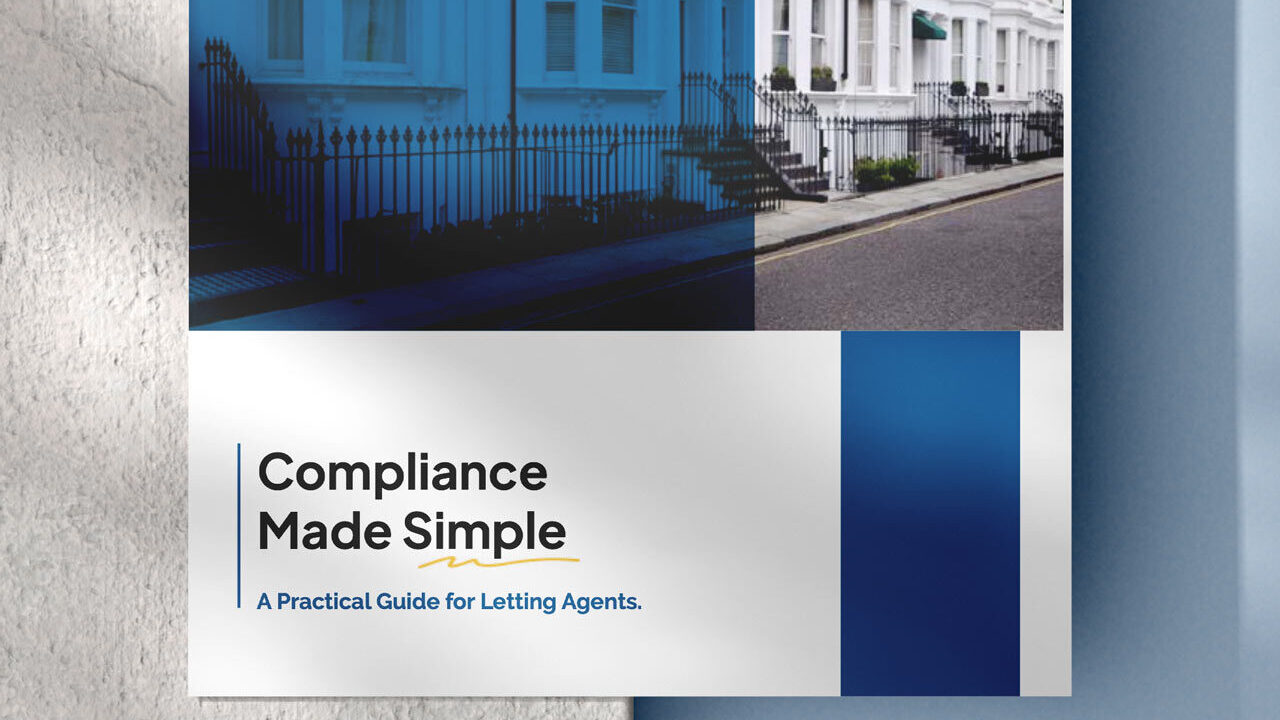For letting agents, property reports are more than just paperwork – they are the foundation of smooth tenancies, successful dispute resolutions, and legal compliance. Yet, many agents still rely on outdated or incomplete reporting methods, leading to costly mistakes. From lost deposits to expensive legal disputes, poor property reports can have serious financial and reputational consequences. Here’s what’s at stake and how you can avoid these hidden costs.
Why Poor Property Reports Are a Risk
1. Disputes That Cost Time and Money
Tenancy disputes often revolve around property condition and damages. Without detailed, time-stamped property reports, proving responsibility becomes difficult. If an adjudicator cannot clearly see the before-and-after state of a property, claims may be rejected, leaving landlords and agents out of pocket.
2. Increased Maintenance Costs
Weak or inconsistent property reports make it harder to track wear and tear, leading to delayed maintenance and higher long-term costs. Without structured reporting, small issues go unnoticed until they turn into major repairs – hitting landlords with unexpected expenses.
3. Legal and Compliance Risks
Letting agents are responsible for ensuring properties meet safety regulations. A lack of clear property reports can result in non-compliance with gas safety, fire safety, and EPC requirements, risking fines and legal action. Proper documentation provides a safety net, proving due diligence in meeting regulatory standards.
4. Damage to Reputation and Client Trust
Tenants and landlords rely on agents to manage their properties efficiently. Poor reporting can lead to misunderstandings, disputes, and negative reviews. With competition high, a damaged reputation can quickly impact business growth and client retention.
How to Avoid the Hidden Costs with Better Property Reports
Use Digital Reporting Software
Traditional paper-based or spreadsheet reporting is prone to errors, inconsistencies, and loss of data. A digital property reporting solution ensures accuracy, consistency, and real-time access to reports.
Ensure Reports Are Comprehensive
A good property report should include:
- High-resolution photos with time stamps
- Detailed condition descriptions for every room and item
- Clear tenant and agent sign-offs
- Automated audit trails to prevent tampering
Automate Compliance Tracking
Reporting software can track compliance deadlines, such as gas safety checks and fire risk assessments, ensuring nothing gets overlooked. Automated reminders help letting agents stay ahead of regulations and avoid costly penalties.
Enable Quick and Secure Data Sharing
Cloud-based property reports allow agents, landlords, and tenants to access information instantly, reducing disputes and speeding up decision-making. Integrated digital signatures ensure everyone is aligned on property conditions from check-in to check-out.
Final Thoughts
Poor property reports can lead to unnecessary costs, disputes, and compliance risks. By switching to a structured, digital solution, letting agents can save time, reduce costs, and protect their reputation. Investing in property reporting software isn’t just about efficiency – it’s about securing your business against costly mistakes.
Looking to upgrade your reporting process? Book a free trial with Kaptur today.

